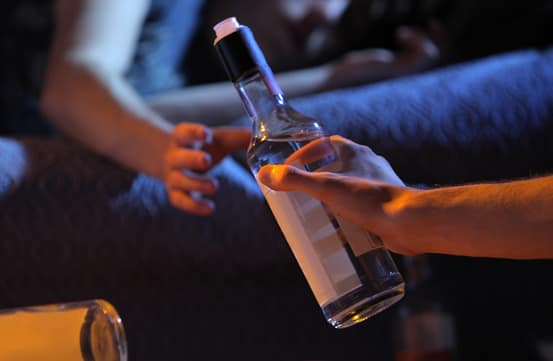Teenage Depression
Alcoholism and teenage depression are often dangerously linked, especially when teens turn to alcohol as a way to self-medicate. Alcohol might seem like a temporary escape from emotional pain, but in reality, it deepens feelings of sadness, isolation, and hopelessness.
For adults, alcohol is socially acceptable and easily accessible. But for adolescents, it’s not only illegal—it’s also especially harmful. Despite age restrictions, many teens can still access alcohol from parents’ liquor cabinets or older friends. Once introduced, drinking may quickly become a destructive coping mechanism.
Why Alcoholism and Teenage Depression Must Be Taken Seriously
Teens are highly emotional and reactive to stress. Whether it’s school pressure, family conflict, or social isolation, one bad day can lead to harmful decisions. Alcohol may offer a momentary sense of relief, but it’s a depressant—it lowers mood, increases anxiety, and can spiral a teen deeper into emotional instability.
“Alcohol may numb the pain, but it never heals the wound.”
The Link Between Depression and Alcohol Abuse
-
Nearly one-third of individuals diagnosed with depression also struggle with alcohol dependency.
-
Research shows that depression often precedes alcohol abuse, not the other way around.
-
Teens with a history of depression are twice as likely to develop alcoholism as adults.
When combined with antidepressants, alcohol can cause severe side effects and worsen mental health. Even small amounts of alcohol can interfere with medications, affect sleep, and heighten emotional volatility.
Spotting the Signs of Abuse
It’s important for parents and caregivers to watch for warning signs, including:
-
Regular or binge drinking
-
Behavioral changes or mood swings
-
Increased isolation
-
Slipping grades or lack of motivation
-
Hidden bottles or secrecy around whereabouts
A glass of wine or beer may not seem alarming, but when binge drinking becomes routine, it’s time to act.
Teenage Girls at Higher Risk
Studies show that teen girls who suffer from depression are at higher risk of developing long-term dependency. Without support, alcohol can become a lifelong crutch that leads to addiction, poor decision-making, and even self-harm.
What Parents Can Do
-
Talk to your teen every day. Build trust by being present and nonjudgmental.
-
Create a safe space where your child can express what they’re feeling without fear of punishment.
-
Watch for patterns of sadness, frustration, or emotional withdrawal.
-
Seek professional help early. Therapists, counselors, and rehab specialists can offer both emotional and medical treatment.
Final Thought
Teenage years are fragile, and depression mixed with alcohol is a dangerous path. Your child may not know how to ask for help—but your support, awareness, and action could be the turning point.
“Sometimes your presence is the only support someone needs to survive.”



Alcoholism and Teenage Depression this both are harmful to mental and physical health,awareness is much needed,some of friends are went to extreme condition and later they came out,so I suggest everyone to take care about this things,Thank you.